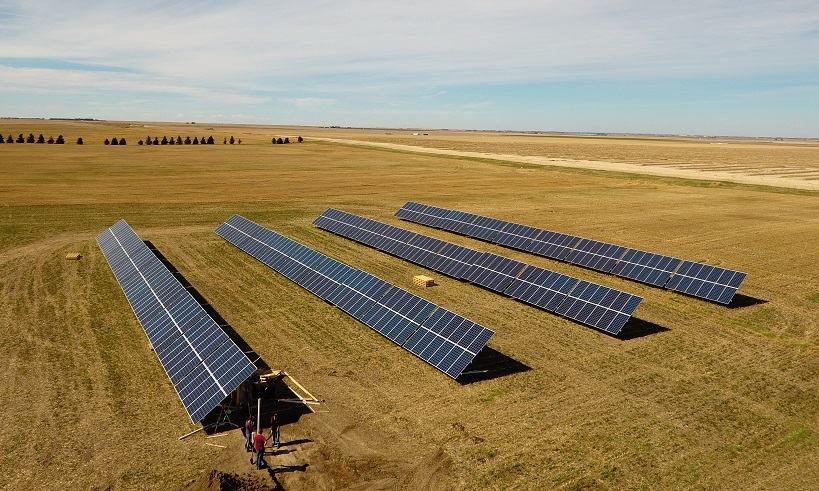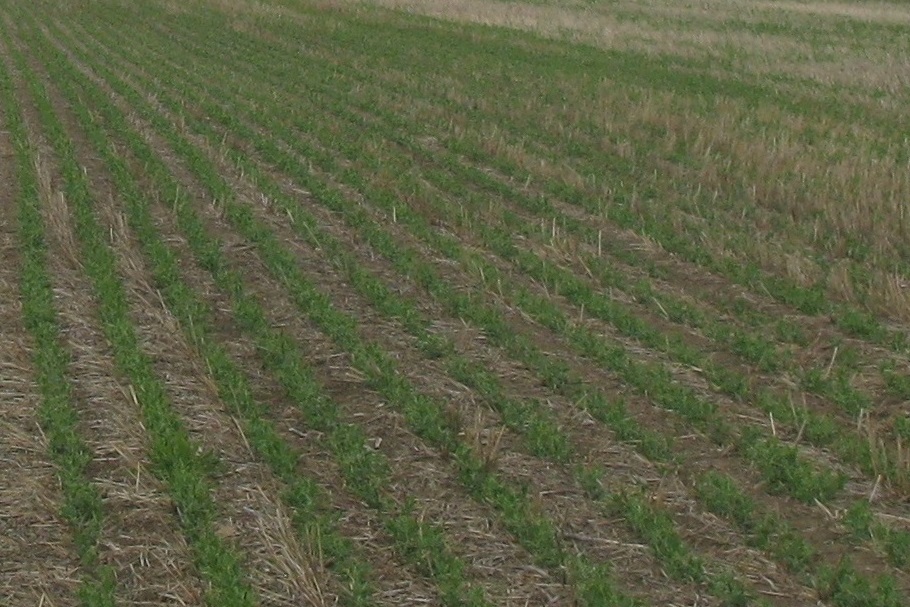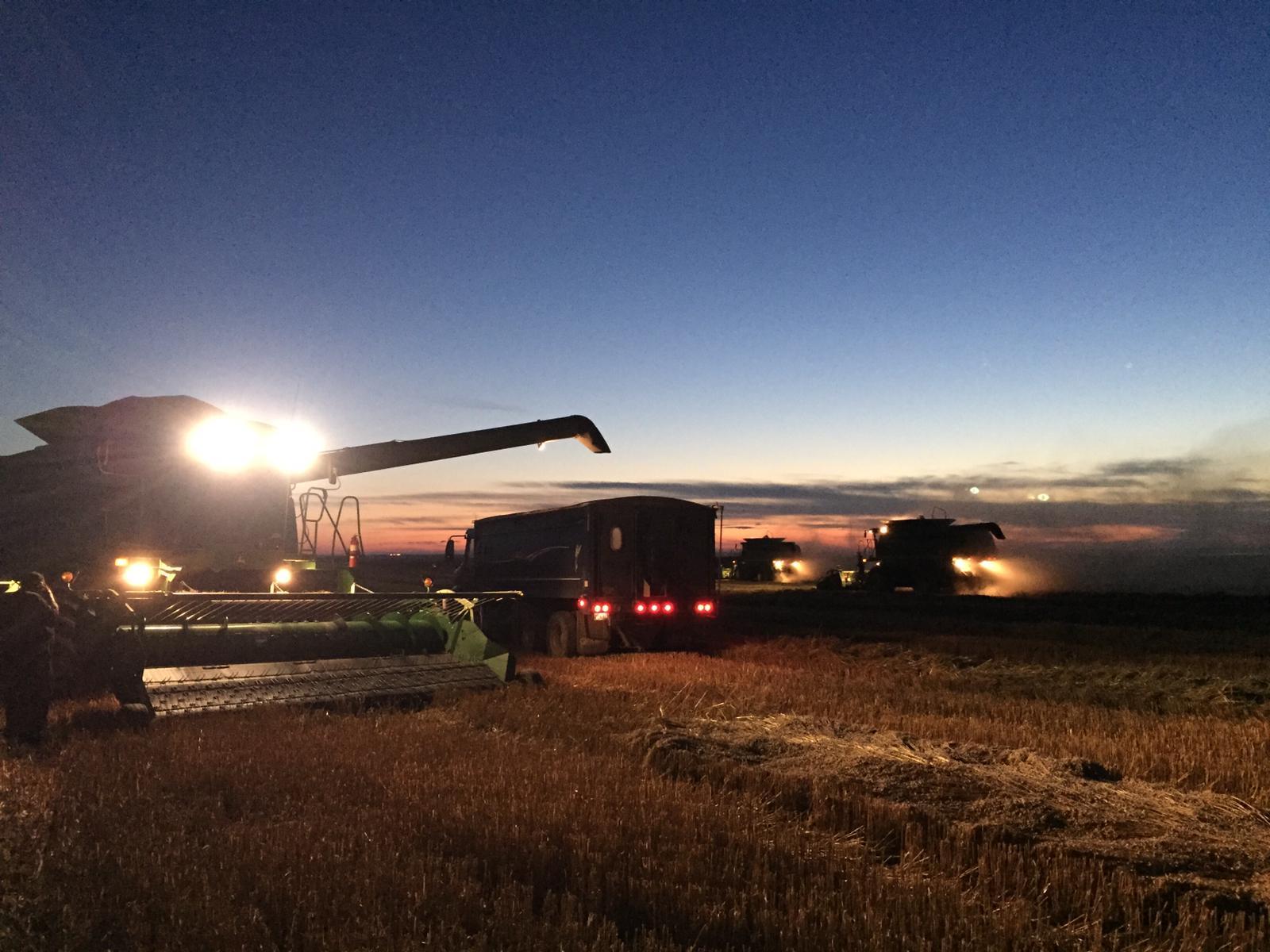(800) 563-7333
Chin Ridge is working to make both our farming practices and manufacturing practices more sustainable and supportive to the environment. While we have much work to do, here are some of our key initiatives to date:
Commitment to reducing our energy footprint by installing Solar-Powered Facilities:
After years of consideration, we finally moved forward in 2017 with building our own 132.7 kW solar farm built next to our warehouses. The solar farm includes 428 solar panels and generates over 180 MWh of electricity annually allowing us to operate our bird seed warehouses and seed plant operations with a net zero energy footprint.

Commitment to soil sustainability & reduced fuel consumption by using No-till farming practices:
Cultivating and tilling the land was a common practice in years past and the results were devastating with topsoil blowing away and moisture being lost due to evaporation. Our farm has moved to a "no-till" management practice which allows us to minimize land disruption and prevent the negative effects of soil erosion while maximizing soil moisture retention and improving soil biodiversity for microorganisms, earthworms and the like. In addition, no-till practices reduce fertilizer loss due to water runoff and reduces equipment fuel usage.

Commitment to effective water usage & wild life habitat preservation through seeding winter wheat.
Growing winter wheat yields a multitude of ecological benefits that make it a sustainable choice in agriculture. Its extensive root system acts as a natural defense against soil erosion, promoting soil health and stability. This crop's ability to thrive in colder months minimizes the need for irrigation, conserving valuable water resources. As winter wheat grows, it captures and stores carbon dioxide, aiding in climate change mitigation. Furthermore, the crop provides a crucial habitat for wildlife during its growth cycle, fostering biodiversity and contributing to a balanced ecosystem. These combined benefits underscore winter wheat's role as a responsible and environmentally-conscious agricultural option.
Because of these and other benefits, we try to put a portion of our farm into winter wheat every year. For more information on the benefits of growing winter wheat see Winter Wheat's Positive Environmental Impacts.

Commitment to Local supplier programs:
We believe in supporting local suppliers to support our local economy and to lower the environmental and financial costs of transporting goods long distances. While we can not source all of our supplies locally, we do work with local farmers on ingredients and local suppliers for packaging materials. We emphasize purchasing Canadian products when possible and believe that the Canadian farmers and suppliers are among the best in the world.
